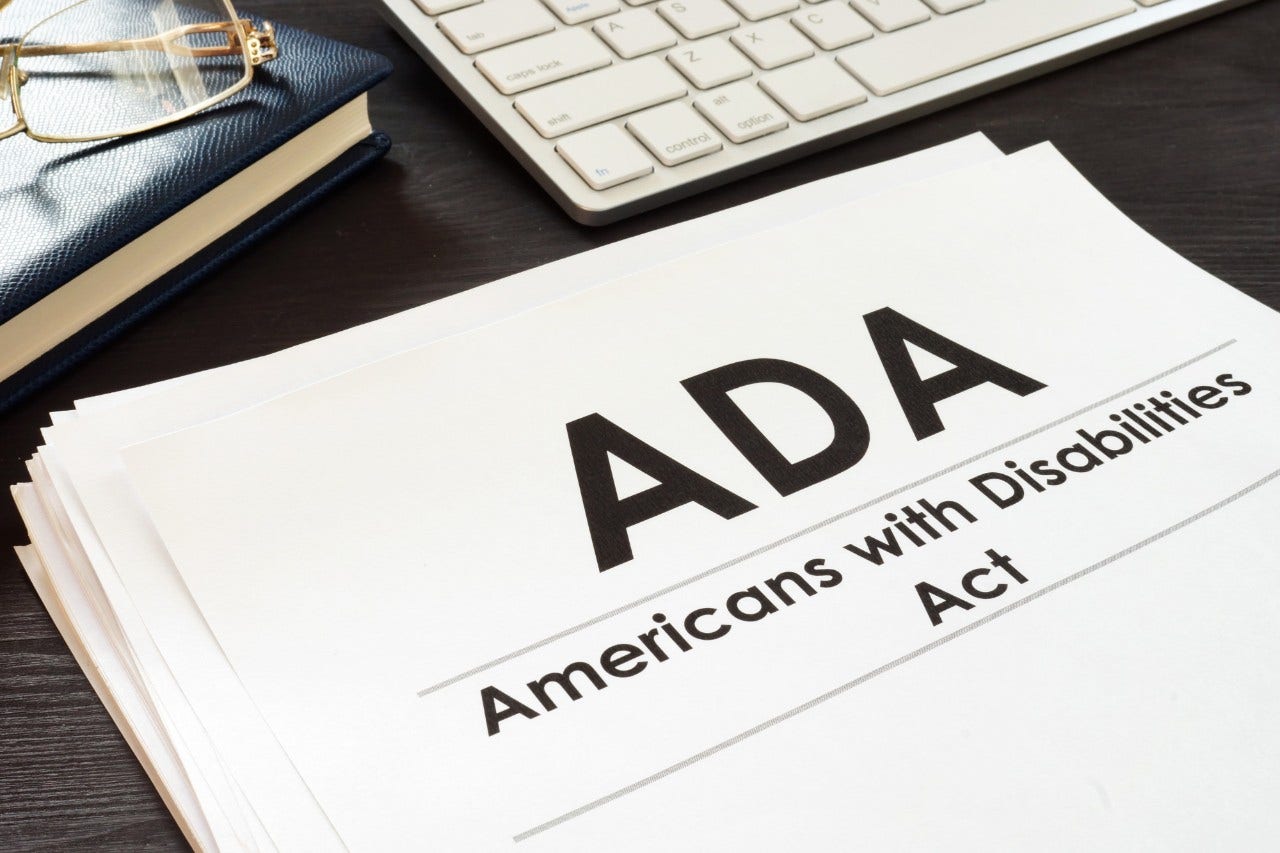X-Men
- Genre: Action
- Main Cast: Hugh Jackman, Patrick Stewart, Ian McKellen
- Rating: PG-13
Professor Charles Xavier, the leader of the X-Men, is depicted as a brilliant mutant who uses a wheelchair due to a spinal injury. While the role has been played by non-disabled actors, the character’s visible use of a wheelchair provides a prominent example of disability in blockbuster film. The X-Men franchise—originally produced by 20th Century Fox and now owned by Disney—illustrates how iconic superhero stories and disability representation have evolved under major studios.
Crip Camp
- Genre: Documentary
- Main Cast: Judy Heumann, James LeBrecht, Denise Sherer Jacobson
- Rating: R
Crip Camp is a documentary that explores the transformative impact of a summer camp for disabled teenagers in the 1970s. The film highlights how the experiences at Camp Jened—a camp for disabled youth in New York—helped ignite a disability rights movement. Through personal stories and real-life footage, the documentary showcases the journey of disabled people as they become advocates for accessibility and equality, leading to significant U.S. legislation like Section 504 and the Americans with Disabilities Act.
Luca
- Genre: Animated Fantasy
- Main Cast: Jacob Tremblay, Jack Dylan Grazer, Emma Berman, Marco Barricelli
- Rating: PG
In Pixar’s Luca, a young sea monster named Luca explores life on land in the picturesque Italian Riviera with his friends Alberto and Giulia. The film subtly includes disability representation through Massimo, Giulia’s father—a skilled fisherman who has a limb difference. When Alberto curiously stares, Massimo lightens the moment with a joke before noting he was born that way—a brief, natural nod to how kids notice differences and learn acceptance. The filmmakers consulted Jim LeBrecht, a disability rights activist who is also featured in the documentary Crip Camp.
The Fundamentals of Caring
- Genre: Comedy/Drama
- Main Cast: Paul Rudd, Craig Roberts, Selena Gomez
- Rating: TV-MA
This film follows Ben, a retired writer turned caregiver, who takes on a job caring for Trevor—a sarcastic teenager with Duchenne muscular dystrophy. As they embark on a road trip, the journey becomes one of self-discovery and healing. Along the way, they encounter various characters, including Dot, a hitchhiker who joins their adventure. The film explores themes of friendship, personal growth, and the challenges of living with a disability. The actor depicting Trevor is not disabled, but the movie’s director worked with people affected by Duchenne muscular dystrophy and had a technical advisor—Tracy Seckler of Charley’s Fund—whose son has DMD.
Superstore
- Genre: Comedy/Sitcom
- Main Cast: Ben Feldman, America Ferrera, Colton Dunn
- Rating: TV-14
Superstore is a sitcom set in a big-box store, featuring Colton Dunn as Garrett—a witty floor supervisor who uses a wheelchair. The show breaks stereotypes by subtly educating viewers about the importance of accessibility and inclusion, using comedy to break down barriers and challenge assumptions. Garrett is presented as a multidimensional character whose disability is acknowledged but not overemphasized, allowing his personality and role in the show to shine while still contributing to broader conversations about inclusion.
Game of Thrones
- Genre: Drama
- Main Cast: Emilia Clarke, Sophie Turner, Peter Dinklage
- Rating: TV-MA
While disability is not the sole focus of the Game of Thrones plot, two characters provide disability representation. The show features Tyrion Lannister, played by Peter Dinklage—who lives with dwarfism. Tyrion’s journey throughout the series not only breaks from traditional stereotypes often seen in fantasy but also highlights his character navigating a world that is frequently unkind to those who are disabled. The show explores Tyrion’s experiences and the prejudice he faces. Moreover, Bran Stark—played by Isaac Hempstead Wright—becomes paralyzed from the waist down in the show’s first episode. He then uses a wheelchair or sledge for mobility throughout the series.
The Peanut Butter Falcon
- Genre: Adventure/Comedy
- Main Cast: Zack Gottsagen, Ann Pierce, Dakota Johnson
- Rating: PG-13
The Peanut Butter Falcon is a 2019 drama adventure film written and directed by Tyler Nilson and Michael Schwartz. It’s the story of the disarmingly sweet and funny Zak, who lives with Down syndrome and dreams of a career as a professional wrestler. The character is played by Gottsagen, who has Down syndrome. Zak is running away from his care facility when he meets Tyler, who is also on the run—but from the law. Together, they start a journey to make Zak’s dream a reality, meeting a whole cast of characters and growing their friendship along the way.
Role and Influence of Hollywood in Shaping Disability Narratives
Hollywood has tremendous influence in shaping public perceptions and narratives around disability. For decades, the film and television industries have served as powerful storytellers—reaching audiences across generations and borders. When stories on screen reflect authenticity—by casting actors with disabilities and consulting with advocates—the resulting portrayals can combat stereotypes and inspire greater empathy and acceptance of people with disabilities. However, Hollywood has also historically relied on outdated tropes, sometimes reducing disabled characters to side plots or using disability as a metaphor for personal struggle. These choices—intentional or not—can shape how society at large views people with disabilities, either reinforcing ableism or opening doors to understanding. By prioritizing genuine representation in media, Hollywood has the potential to drive much-needed cultural change in the way people view disability.





